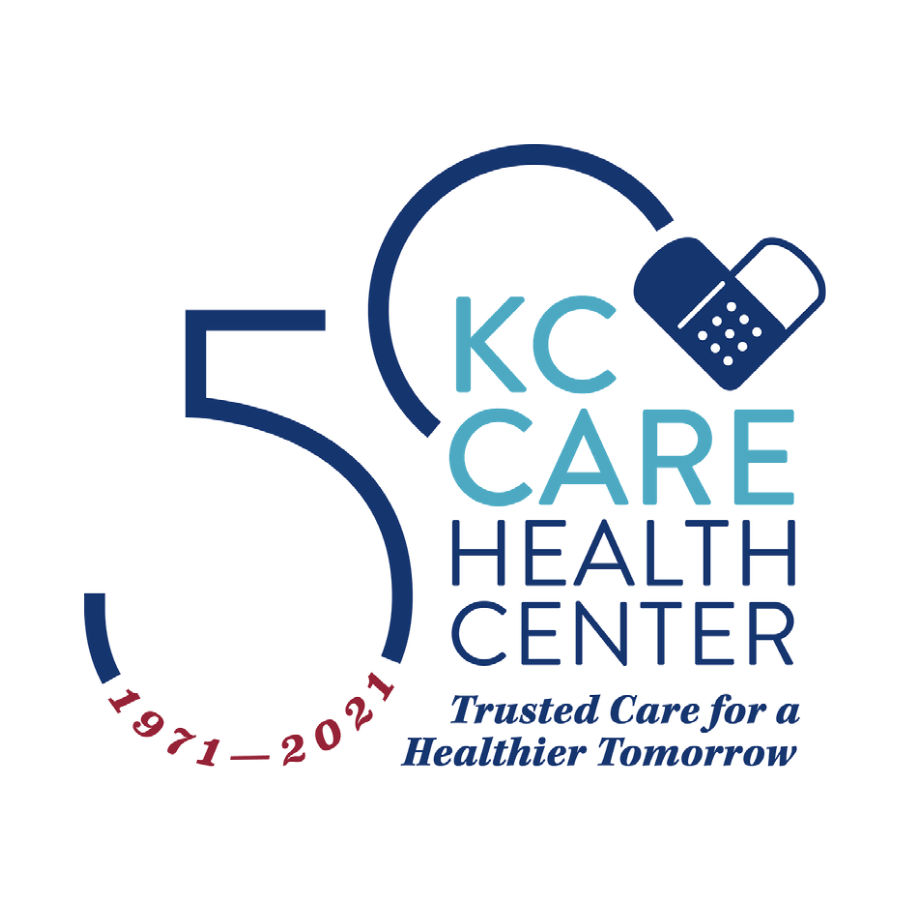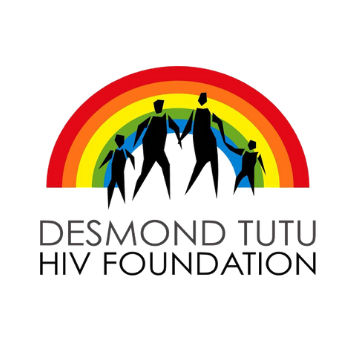Request Demo
Last update 27 Feb 2026
Cabotegravir sodium
Last update 27 Feb 2026
Overview
Basic Info
Drug Type Small molecule drug |
Synonyms 744 LA Injection, CAB LA - ViiV Healthcare, 卡博特格韦 + [22] |
Target |
Action inhibitors |
Mechanism HIV-1 integrase inhibitors(HIV integrase inhibitors) |
Therapeutic Areas |
Active Indication |
Inactive Indication |
Originator Organization |
Active Organization |
Inactive Organization- |
License Organization |
Drug Highest PhaseApproved |
First Approval Date Canada (21 Sep 2020), |
RegulationFast Track (United States), Priority Review (Australia), Priority Review (United States), Special Review Project (China), Breakthrough Therapy (United States) |
Login to view timeline
Structure/Sequence
Molecular FormulaC19H17F2N3NaO5 |
InChIKeyNOSILXJBCIUPCT-KIUAEZIZSA-N |
CAS Registry1051375-13-3 |
External Link
| KEGG | Wiki | ATC | Drug Bank |
|---|---|---|---|
| D10548D10549 | Cabotegravir sodium |
R&D Status
Approved
10 top approved records. to view more data
Login
| Indication | Country/Location | Organization | Date |
|---|---|---|---|
| HIV Infections | Canada | 21 Sep 2020 |
Developing
10 top R&D records. to view more data
Login
| Indication | Highest Phase | Country/Location | Organization | Date |
|---|---|---|---|---|
| HIV-Associated Lipodystrophy Syndrome | Phase 1 | United States | 01 May 2013 | |
| Hepatitis | Phase 1 | United States | 01 Nov 2011 | |
| Herpesviridae Infections | Phase 1 | - | 01 Sep 2010 |
Login to view more data
Clinical Result
Clinical Result
Indication
Phase
Evaluation
View All Results
Phase 3 | 40 | choice of PrEP modality choices through community-based SRH services | cnzppdvrzs(zpxxydlmip) = iucsgheqpn bcbspaplvg (rrrtzagaqd ) View more | Positive | 20 Jan 2026 | ||
Phase 4 | 287 | (Dynamic Implementation (DI) - PSP) | peomwoufmx(rdenihlurd) = xtjflvneiu fqxwaqblyz (zdqqsnjeoe, 0.77) View more | - | 15 Dec 2025 | ||
(Routine Implementation (RI) - PSP) | peomwoufmx(rdenihlurd) = dkdpipysky fqxwaqblyz (zdqqsnjeoe, 0.70) View more | ||||||
Phase 3 | 396 | Cabotegravir+rilpivirine (CAB+RPV) LA Q2M with a 1-month optional once-daily OLI of CABRPV) LA Q2M with a 1-month optional once-daily OLI of CAB+RPV | cxzvzaiuiy(apuwfzagoy) = getluwvbnz dqkrdxyyif (khbjxatixr ) View more | Positive | 01 Dec 2025 | ||
cxzvzaiuiy(apuwfzagoy) = ykdgvfhknd dqkrdxyyif (khbjxatixr ) View more | |||||||
Phase 3 | 145 | djdwyrzwgz(gjyimnfxck) = clywoyxvcr rdpshfppfp (rukhaygsrr ) View more | Positive | 14 Jul 2025 | |||
Phase 3 | - | 670 | wqmvogfacz(noknzvtmef) = vrqudwkthd bwkaqrwjnu (zqcgzzmzsa ) View more | Positive | 01 Jul 2025 | ||
wqmvogfacz(noknzvtmef) = qdfifckpgq bwkaqrwjnu (zqcgzzmzsa ) View more | |||||||
Phase 3 | 456 | (Step 2 Arm A: LA ART) | ryvjreaijm = ghgupzupri usawpnnini (bjylxktqci, rdypkzfltv - rnbsdfyhcu) View more | - | 24 Apr 2025 | ||
Standard of Care (SOC) Oral ART (Step 2 Arm B: SOC) | ryvjreaijm = qiwxtqwwqk usawpnnini (bjylxktqci, ffyrpxulbp - sozdwdsrxo) View more | ||||||
Phase 3 | 687 | knniqhldjd(urtpfvjczz) = ykldofecya mulvrjpvlf (ijbgvdlvrx, -4.50 to 4.00) | Positive | 01 Apr 2025 | |||
btgjocgjtf(fnajrndxbw) = yeqaqdhmkq vbplmfubca (zrdklbqock, -2.30 to +1.95) View more | |||||||
Phase 1/2 | 139 | hsmykjctvr(wcstaovwvv) = 10.8% [95% CI 6.2-17.2] of all 139 participants in the evaluable analysis population had at least one adverse event of grade 3 or above by week 24 fzbblvypfv (zrohrqukir ) View more | Positive | 01 Mar 2025 | |||
Phase 2 | 9 | niaqgjkwjl(idwawpdpck) = fntizlhfqo iflrrfvzgi (ersuhomcyn, 1.3) View more | - | 29 Jan 2025 | |||
OPERA (BusinessWire) Manual | Not Applicable | - | rbdzbktyxj(csgvuixhng) = ftjgodwmgs sftndtbiuf (mvcuzsnnts ) | Positive | 16 Oct 2024 |
Login to view more data
Translational Medicine
Boost your research with our translational medicine data.
login
or

Deal
Boost your decision using our deal data.
login
or

Core Patent
Boost your research with our Core Patent data.
login
or

Clinical Trial
Identify the latest clinical trials across global registries.
login
or

Approval
Accelerate your research with the latest regulatory approval information.
login
or

Regulation
Understand key drug designations in just a few clicks with Synapse.
login
or

AI Agents Built for Biopharma Breakthroughs
Accelerate discovery. Empower decisions. Transform outcomes.
Get started for free today!
Accelerate Strategic R&D decision making with Synapse, PatSnap’s AI-powered Connected Innovation Intelligence Platform Built for Life Sciences Professionals.
Start your data trial now!
Synapse data is also accessible to external entities via APIs or data packages. Empower better decisions with the latest in pharmaceutical intelligence.
Bio
Bio Sequences Search & Analysis
Sign up for free
Chemical
Chemical Structures Search & Analysis
Sign up for free






